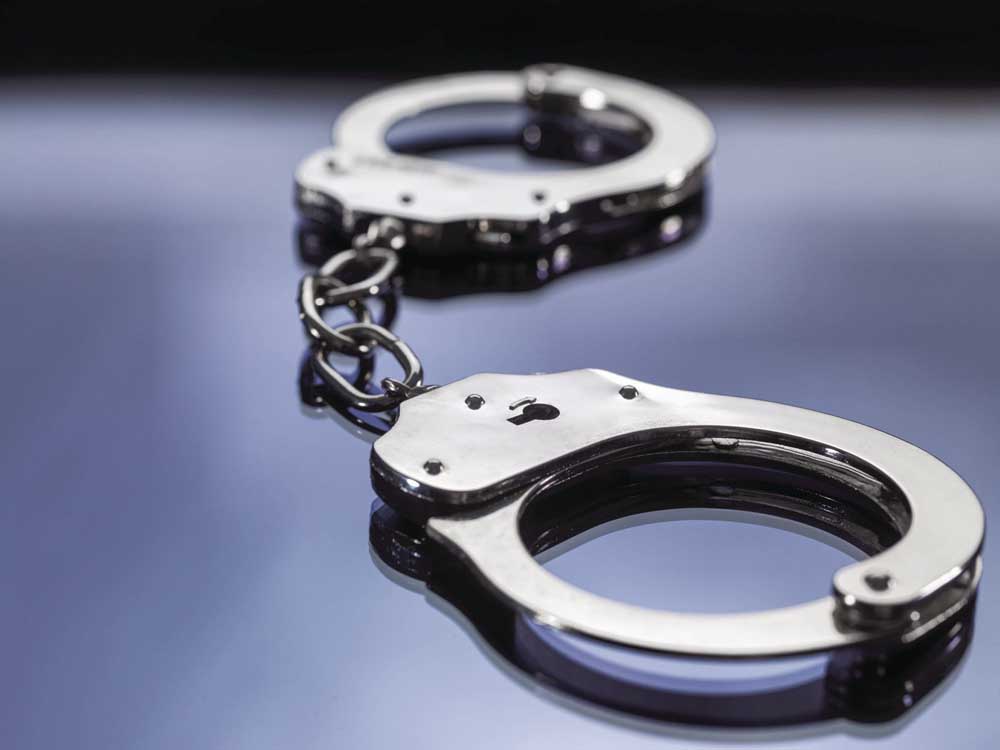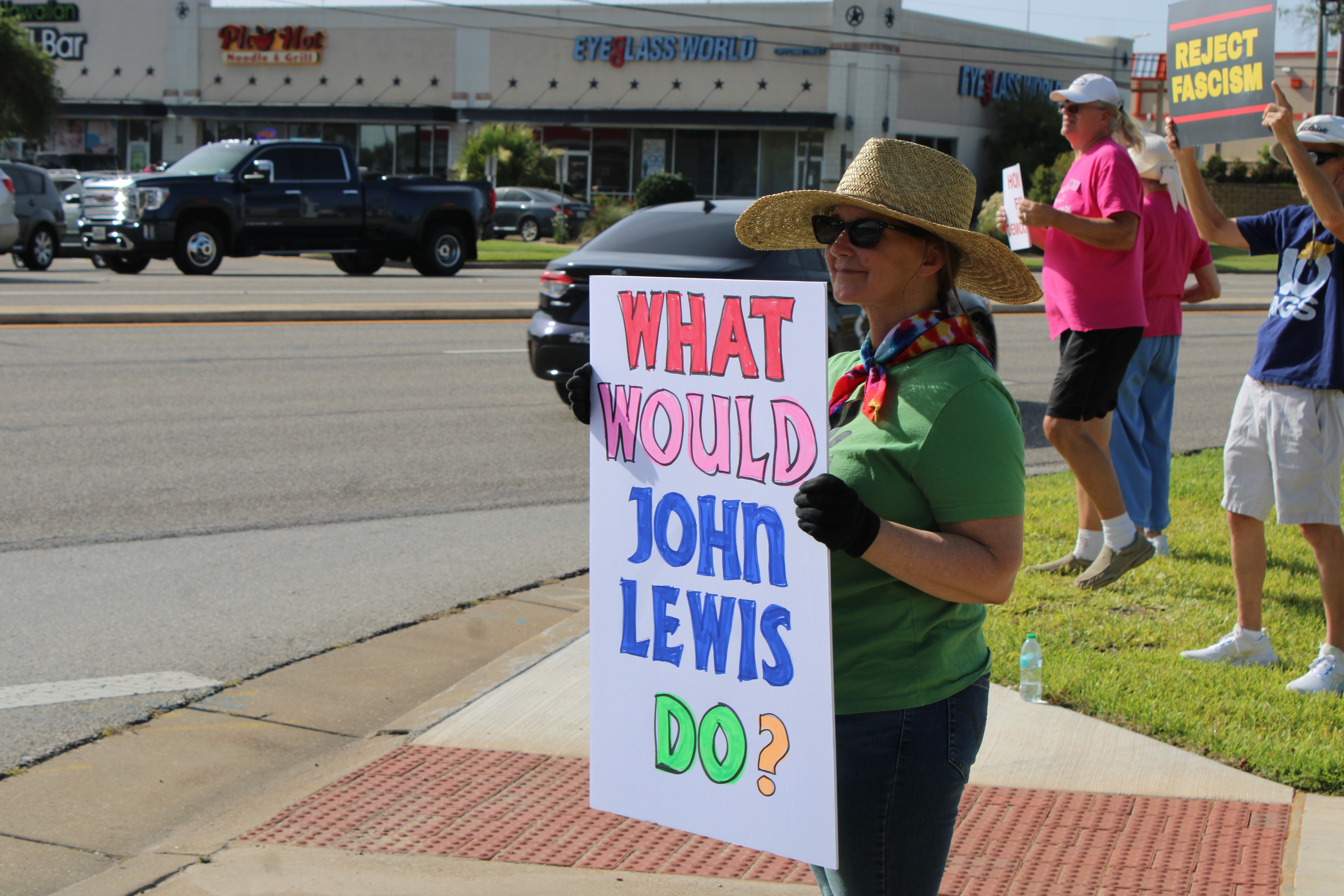Policy ideas from Black Lives Matter
Published 4:18 am Thursday, August 27, 2015
For some months, the big question about the Black Lives Matter movement has been whether it would lead to real policy proposals. Last week, some of the movement’s leaders, including DeRay McKesson and Johnetta Elzie, produced a thoughtful slate of reforms they say they’d like to see enacted.
A number of the reforms are worthy of consideration. Others, not so much.
Trending
Among the first sort are proposals to increase training and accountability in law enforcement. Everyone should be able to agree on these, at least in the broad outlines. Certainly, additional training in diffusing tense situations is never a bad thing. And even conservatives should support accountability and transparency measures for government officials – including our law enforcement.
The movement also calls for the increased use of body cameras by police. As studies have shown, cameras result in better behavior on everyone’s part. Tyler, for the record, is ahead of the curve on this one. It had cameras ordered for its officers before the technology became part of the national conversation.
Another commendable reform the movement calls for is an end to what it terms “for-profit” policing. Police officers should never have to meet a quota for issuing tickets, in an effort to drive up municipal revenues. In Texas, this practice is already illegal. That’s a good policy that other states should adopt. As the Black Lives Matter movement says, “Police should be working to keep people safe, not contributing to a system that profits from stopping, searching, ticketing, arresting and incarcerating people.”
But there are some reforms the movement suggests that would do more harm than good. The slate of reforms begins with “End broken-windows policing.” This kind of policing – really, it’s an approach to everything from law enforcement to code enforcement – has proven its worth in New York City and other areas.
The theory is simple. When minor laws (such as vandalism, resulting in broken windows) go unenforced, it leads to an atmosphere in which more important laws aren’t obeyed.
This is the kind of policing that resulted in the dramatic drop in violent crime in New York City under Mayor Rudy Giuliani. Untold black lives were, in fact, saved because murder rates dropped.
Trending
Yet there have been abuses. The “stop-and-frisk” practice is unfairly tied to broken windows in the minds of many, but actually, they’re different things. Stop-and-frisk, when there’s no probable cause, is a violation of the Fourth Amendment, and should be abolished. But don’t abandon a proven life-saving style of law enforcement.
Another reform the movement calls for is in the use of deadly force. It says “Authorize deadly force only when there is an imminent threat to an officer’s life or the life of another person and such force is strictly unavoidable to protect life.”
What’s missing is the subjective factor of how the officer sees the situation. If something later proves not to be a threat – a gun that is fake, for example – the proposed standard would condemn the officer.
Still, Black Lives Matter has started a conversation. It’s well worth having.







